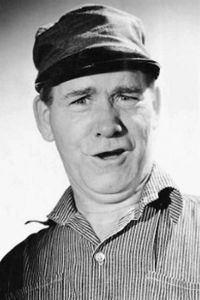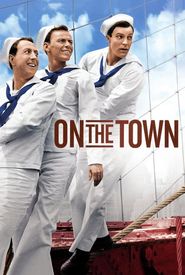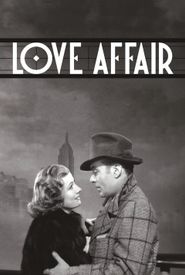Thomas J. Dugan, a renowned Irish character actor, was born on January 1, 1889, in Dublin, Ireland. His family relocated to Philadelphia when he was still young, where he attended high school and developed a remarkable tenor voice. After completing his education, Dugan decided to pursue a career in show business, initially performing in minstrel and traveling medicine shows that were popular during that era.
Before making his stage debut, Dugan honed his skills by playing in musical comedies in New York City and vaudeville theaters, including Earl Carroll's Vanities. He eventually transitioned to become a comedian on Broadway, laying the groundwork for his successful acting career.
Dugan's acting career began in 1927, with roles in several obscure silent movies. His big break came in 1928 with the film Lights of New York, which was the first feature film to feature all synchronous dialogue. This milestone marked a significant turning point in the history of cinema, paving the way for future films to incorporate dialogue without the need for title cards.
Throughout his illustrious career, Dugan appeared in over 260 films, becoming a frequent presence on the silver screen. His most notable roles include Ernst Lubitsch's satirical World War II comedy To Be or Not to Be (1942) and the Gene Kelly/Frank Sinatra/Esther Williams musical Take Me Out to the Ball Game (1949).
Tragically, Dugan's life was cut short in a road accident in California on March 7, 1955, at the age of 66. Despite his untimely passing, Dugan left behind a lasting legacy as a talented character actor, with a body of work that continues to entertain and inspire audiences to this day.










































































































































